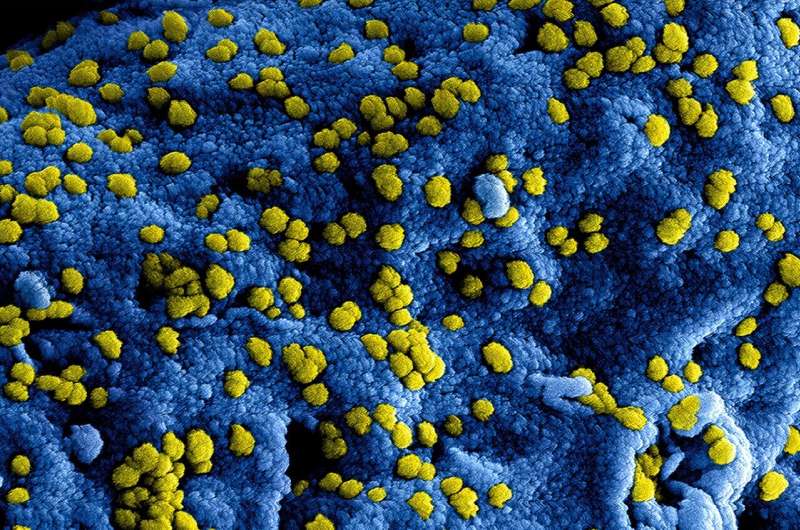Earlier onset of disease and aging in the most deprived could be linked to gut health, poor diet

An earlier onset of disease and aging in the most deprived could be linked to gut health and poor diet.
A new, first-of-its-kind-study, led by the University of Glasgow and published in Scientific Reports, analyzed the composition of microbes in the body and found that there was a higher amount of pathogenic—disease-causing—bacteria in those who were most biologically aged. The study also found that those with a lower socioeconomic position had lower levels of betaine in their gut—a nutrient commonly obtained from a healthy, balanced diet containing fresh vegetables and fruits.
An imbalanced diet which is low in fresh fruits and vegetables is already associated with accelerated aging, and early onset of disease. Higher betaine levels are found in those with a high intake of betaine-rich food sources, such as quinoa, spinach, fortified cereal products, bran and beetroot. As intake of fruit and vegetables are lower in some socioeconomic groups, researchers believe this may partly explain their low betaine levels.
Researchers focused their study on the microbiota captured by the body's circulating white blood cells. They found that the most biologically aged had a significantly higher amount of pathogenic bacteria, while those who were less biologically aged possessed more salutogenic bacteria (bacteria that are supportive of human health and wellbeing), key to good physiological function.
Researchers believe that the abundance of pathogenic bacteria found in those with a low socioeconomic background, combined with their lower levels of good nutrients such as betaine, may explain why people in these groups are more biologically aged than their counterparts from higher socioeconomic backgrounds.
Professor Paul Shiels, lead author of the study from the University of Glasgow, said: "Our findings provide a potential link between the importance of including plant based foods in the diet, the microbiome, and the improved health and lifespan that we find in people with higher socioeconomic backgrounds. Interestingly, our analysis seems to suggest that vegetable consumption has more impact on the microbiota than eating foods such as red meat or fish.
"Our data suggest a clear route to improving of age related health and resilience could be based on improving diets, which will then help improve the composition of the body's microbiota."
Data from the study were from the West of Scotland Twenty-07 Study, a community-based, prospective cohort study, which has followed three cohorts of men and women recruited in 1987 at the (approximate) ages of 35 ('1970s cohort'), 55 ('1950s cohort') and 75 years ('1930s cohort') in 1987, and followed up in a further four times over the next 20 years until 2007/8.
The paper, "Socioeconomic position links circulatory microbiota differences with biological age," is published in Scientific Reports.
More information: Hannah Craven et al, Socioeconomic position links circulatory microbiota differences with biological age, Scientific Reports (2021). DOI: 10.1038/s41598-021-92042-0




















